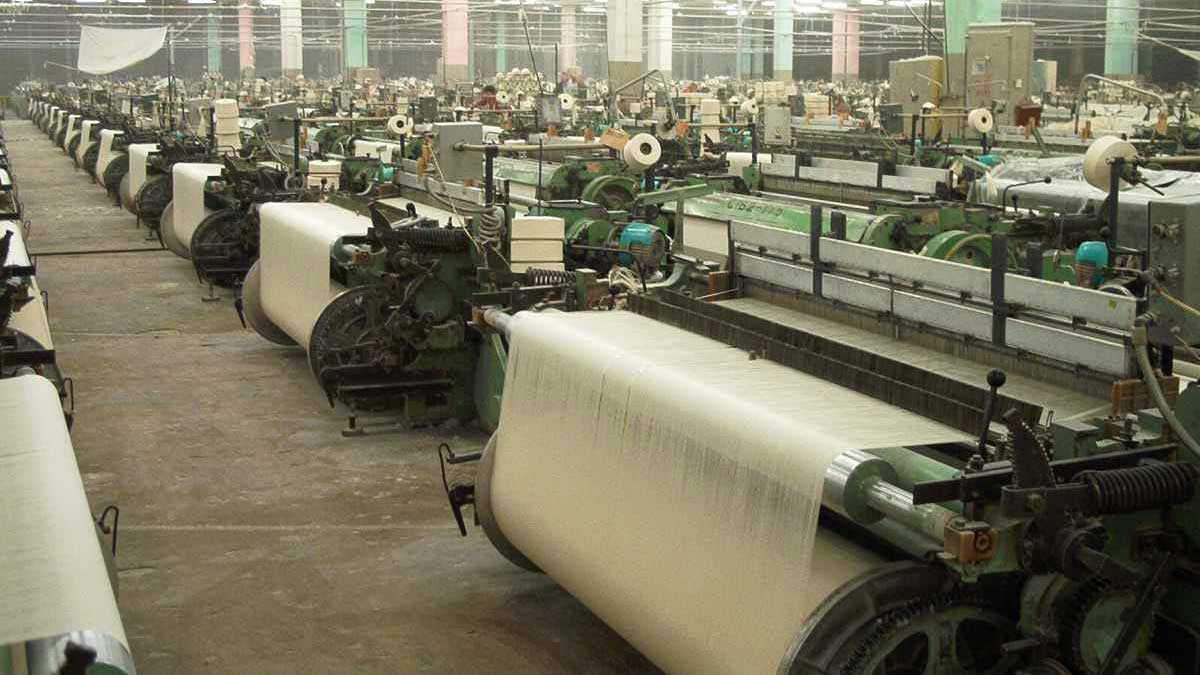
The History of Nigeria’s Textile Industry (1960-Present)
In the 1960s, there was a belief that the key to economic growth was in manufacturing. This was before the blessing and the curse of crude oil was discovered in the Niger Delta. At independence and in every successful economy in the world manufacturing was to be a major component as in the case of textiles in Nigeria.
In the 1960s, foreign investors came from the United Kingdom. This was typical because Nigeria was a former colony of the United Kingdom. During the same period Chinese investors came to the Kaduma region of Nigeria. These were Chinese people from Hong Kong and saw Nigeria as a golden opportunity to establish their businesses in the post-colonial era. There are a few facts worth noting:
 Kaduma became the textile capital of Nigeria just after independence. About 1 million workers were employed directly in the textile industry.
Kaduma became the textile capital of Nigeria just after independence. About 1 million workers were employed directly in the textile industry.- Several million Nigerians were employed in the textile supply chain as farmers and gin processors and distributors of finished cloth.
- In the 1970s, Nigeria produced textiles not only for domestic consumption but for regional export throughout West Africa. At the time, Nigeria produced 50% of all of West Africa’s textiles and was the 2nd largest producer in Africa. Nigeria exported textiles to the United Kingdom.
- In the 1980s, the textile industry was the largest private employer in Nigeria. The textile industry in Nigeria was the 2nd biggest employer after the government.
However, the textile industry in Nigeria, collapsed for various reasons:
- Inept government officials
During the 1980s, the Nigerian Naira collapsed after the decline of in crude oil prices. The Nigerian government had borrowed money under the assumption that oil prices would continue to rise. At the time, the government was over leveraged with debt equal to the size of the country’s GDP.
- Foreign supply chain vs local suppliers
The textile industry also collapsed because, as Nigerian companies became extremely profitable they abandoned local suppliers and neglected to purchase raw materials and equipment from the local industry. The Nigerian thought process because of low self-esteem valued imports and textile firms tended to purchase overseas materials. Equipment companies closed and when the local industry profits began to decline the owners could not afford the spare parts or new equipment which made manufacturing less efficient and more costly.
- Technology
Another reason the textile industry collapsed is because, Asian countries such as South Korea and China improved technology and efficiency in their production and forced American companies to move to Asia, Europeans textiles to moved to Asia and of course African countries could not compete with these efficiently run firms.
- Economic espionage from China
Lastly, the Nigerian textile industry collapsed because the Chinese stole Nigerian patents and intellectual property. China is accused of stealing designs and cloths. Although history proves otherwise, there is an unsubstantiated theory that the key to Africa’s growth is the ability to attract foreign investors. Though there is no data to back up this belief system African policy makers. It is evident from the textile story that local manufacturing is more important than foreign investors, yet all the focus is on foreign investors. Lets start local.




2 Comments
by Gwen Nxu
It is refreshing to hear about our economic history.
by Afrotruthteller
If we had all this why did we let it all die? I hate corruption and incompetent politicians.
Comments are closed.